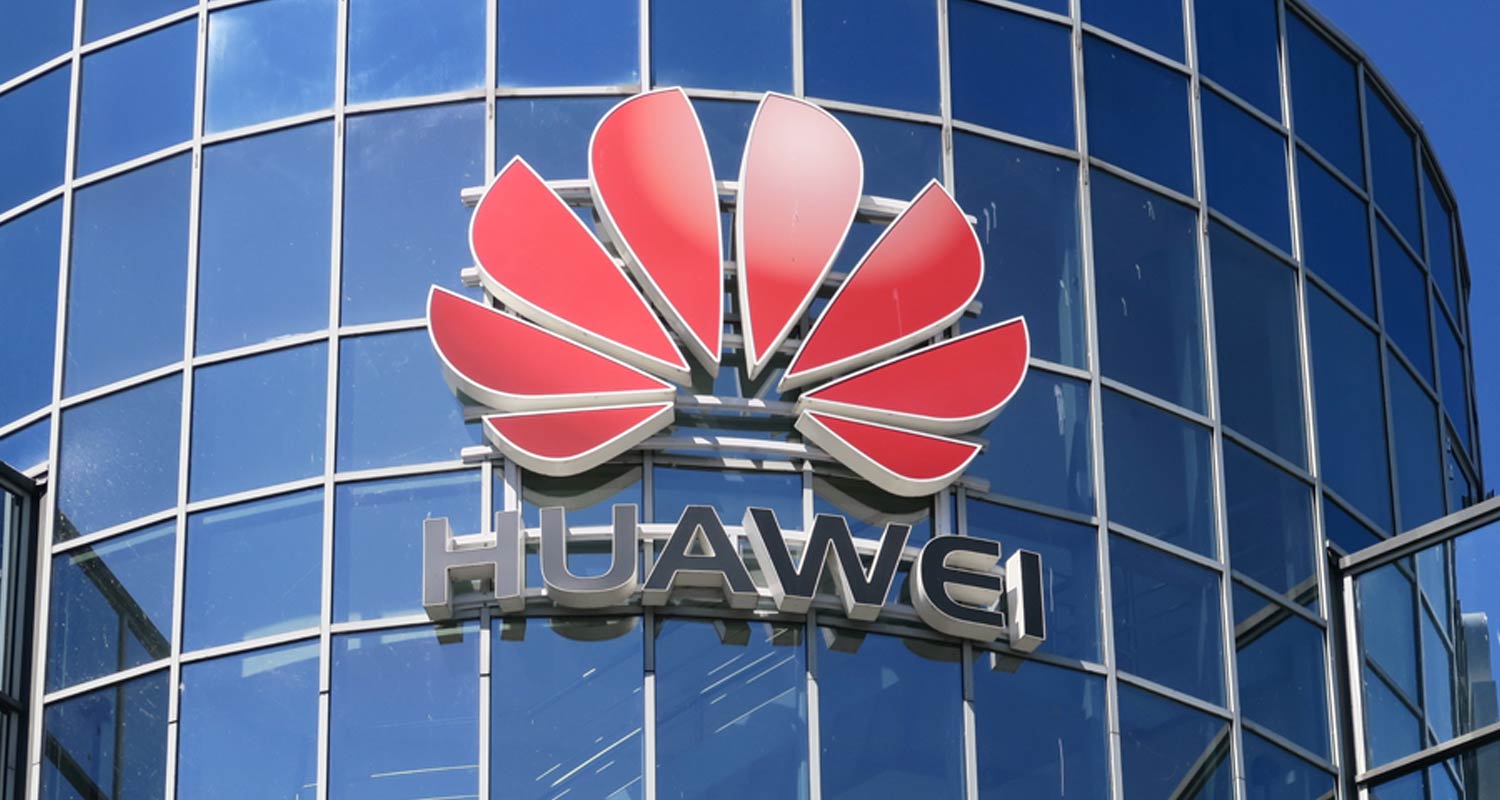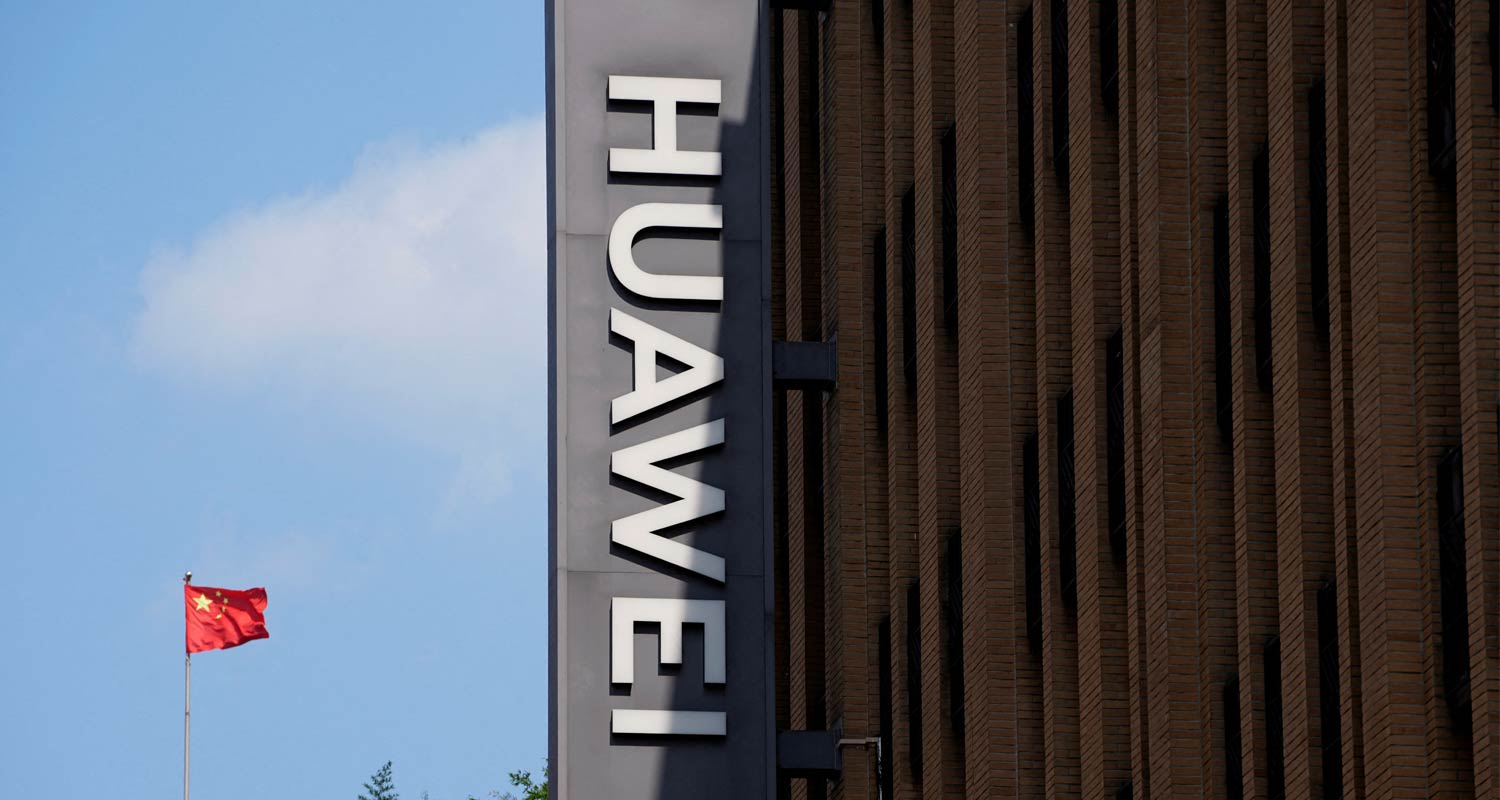It may seem like odd messaging from a tech chief. But Huawei Technologies founder Ren Zhengfei said that Americans have “exaggerated” his company’s chip achievements, which “still lag behind the US by a generation”.
When it comes to the race for the hardware needed to support artificial intelligence, his company “isn’t that powerful yet”, Ren added in a lengthy front-page interview with the People’s Daily this week. Still, there is “no need to worry” about the US restrictions, he insisted. By bundling Huawei’s chips together, or so-called clustering, they can still match rival offerings from top global players.
These comments, which have garnered international headlines and gone viral at home on Weibo, appear to be at odds with each other. But the reality is that both things can be true at once. They expose a critical crossroads for Chinese AI as competing interests vie to control its fate in the long run. Understanding this is especially crucial at a time when export controls are on the negotiating table in trade talks.
Part of the reason that Ren’s humble admission raised eyebrows is because Nvidia CEO Jensen Huang has spent the better part of this year heaping praise on Huawei’s breakthroughs. Huang said China is “not behind” in AI, and called the Shenzhen giant, specifically, “one of the most formidable technology companies in the world”.
Huang’s high acclaim, however, must be taken with a grain of salt: Washington’s clampdowns have cost his company billions of dollars. He’s complained extensively of how steeply Nvidia’s market share in the mainland has plunged because of the ever-tightening export controls — mostly to the gain of Huawei, which has been long targeted by the US.
But it’s also telling that Huang’s flattery hasn’t been widely picked up by the local media. It reveals that his ambition to have Chinese AI run on American chips is not in line with Beijing’s goals. As much as Huang hopes to stay in the lucrative market, and while local firms would undoubtedly welcome this, President Xi Jinping has made it clear that his top-down desire remains to rely on homegrown technology.
Major shift
Still, Ren is very much correct that the domestic alternatives aren’t quite there yet. Huawei is not the top choice for Chinese tech firms. There’s a reason the likes of Alibaba Group, ByteDance and Tencent Holdings have spent billions hoarding Nvidia chips before the onset of new restrictions rather than pivot to Huawei’s to train and run their AI models.
The company’s units have a tendency to overheat, reporting last week from the Information said, and their software functionalities are dwarfed by Nvidia’s. It has made large sales of chips to state-owned firms and local governments, which are more likely to signal their support for Beijing’s goals (even if that means opening unused data centres). But most of the big Chinese tech players have yet to place major orders. Closing the gap in the last mile is proving the hardest part for Huawei.
Read: Huawei bets on brains over brawn in AI chip race
That doesn’t mean that it can’t come out on top domestically. Such a feat would require a major shift after most companies, including AI darling DeepSeek, have already built models on Nvidia platforms. It may seem far off at this point, but if DeepSeek or other leading firms decided to build atop Huawei’s ecosystem, it would likely force other developers to follow suit and usher in the era of Chinese AI running on indigenous chips.

Beijing is in the midst of using all of the levers at its disposal to nudge the sector in this direction. This objective predated Washington’s curbs, but the outside pressure has undoubtedly forced China to double down on self-reliance.
In his interview with the Communist Party mouthpiece, Ren predicted that the development of AI “will span decades and centuries”. He’s right. And perhaps more than anything, keeping sight of the longer battle for tech supremacy is key for Washington as negotiators may be tempted to focus on short-term tariff wins.
Because even though Huawei chips are currently lagging, they’re on the cusp of a tipping point. — Catherine Thorbecke, (c) 2025 Bloomberg LP
Get breaking news from TechCentral on WhatsApp. Sign up here.
Don’t miss:
Huawei readies new AI chip for mass shipment
Crédito: Link de origem


